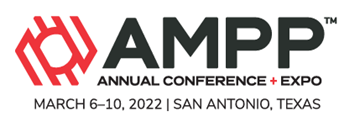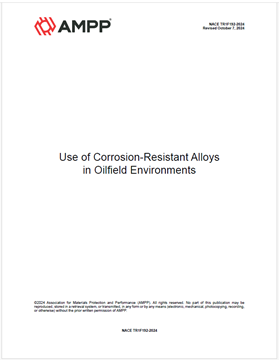Search
Products tagged with 'environmentally-assisted cracking'
View as
Sort by
Display
per page
An Exploratory Investigation of the Cracking Susceptibility of Three Corrosion Resistant Alloys under Thermal Cycles and Conditions Exceeding the Traditional NACE MR0175/ISO 15156 Recommendations
Product Number:
51324-20455-SG
Publication Date:
2024
$40.00
Environmentally-Assisted Cracking (SSC And SCC) Of Martensitic Stainless Steel OCTG Material In Sour Environment In 5%Nacl And 20%Nacl Solution
Product Number:
51322-17563-SG
Publication Date:
2022
$20.00
NACE TR1F192-2024, Use of Corrosion-Resistant Alloys in Oilfield Environments
Product Number:
NACE TR1F192-2024
Publication Date:
2024
$109.00
Some Effects Of Surface Finish And LWR Environment On Environmentally-Assisted Crack Initiation In Alloy 182
Product Number:
ED22-18329-SG
Publication Date:
2022
$20.00




